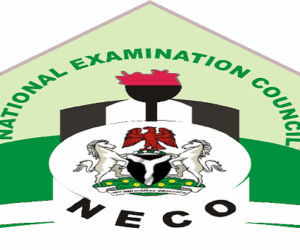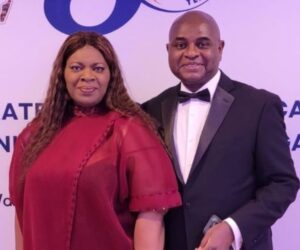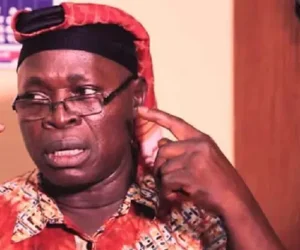Detained leader of the Indigenous People of Biafra (IPOB), Mazi Nnamdi Kanu, has filed a new motion before the Federal High Court in Abuja, seeking the dismissal of all charges against him and his immediate release from custody.
In the motion dated October 30, 2025, and titled “Motion on Notice and Written Address in Support,” Kanu insisted that the charges currently pending against him are invalid, unconstitutional, and unsupported by any existing Nigerian law.
Acting as his own counsel, Kanu filed the application under Sections 1(3), 6(6)(b), and 36(12) of the 1999 Constitution (as amended), as well as relevant sections of the Evidence Act 2011 and the Terrorism (Prevention and Prohibition) Act 2022.
Advertisement
He argued that the prosecution relied on repealed and non-existent laws, including the Customs and Excise Management Act (CEMA)—which was replaced by the Nigeria Customs Service Act 2023—and the Terrorism Prevention (Amendment) Act 2013, which was repealed by the TPPA 2022.
Kanu maintained that basing charges on such repealed laws violates Section 36(12) of the Constitution, which forbids trying any person for an offence not defined under a valid and current law.
The IPOB leader asked the court to strike out the case entirely, insisting that the charges disclose no recognisable offence under Nigerian law.
He cited the Supreme Court ruling in FRN v. Kanu (SC/CR/1361/2022), which he said obliges courts to take judicial notice of repealed laws under Section 122 of the Evidence Act 2011.
Stating that failure to do so, renders all related proceedings null and void, Kanu argued that the alleged offences were said to have occurred in Kenya, a fact that, according to him, contravenes Section 76(1)(d)(iii) of the TPPA 2022, which requires that such acts be validated by a Kenyan court before being tried in Nigeria.
He said this oversight strips the Nigerian court of any extraterritorial jurisdiction and breaches Article 7(2) of the African Charter on Human and Peoples’ Rights.
Citing earlier precedents such as Aoko v. Fagbemi (1961) and FRN v. Ifegwu (2003), Kanu noted that convictions based on repealed or non-existent laws had been struck down by Nigerian courts.
He therefore urged the court to hear and rule on his motion—filed strictly on points of law—on or before November 4, 2025, and directed the prosecution to respond within three days.
Kanu concluded that since his application raises purely constitutional issues, no supporting affidavit is necessary.








